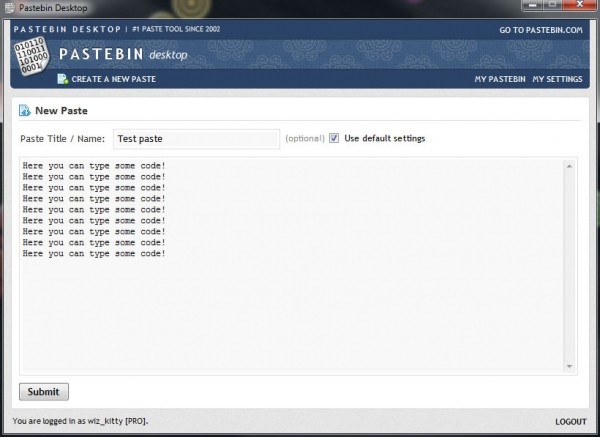The owner of Pastebin.com has announced plans to boost their current abuse report system by hiring more staff in a bid to help with policing sensitive information continually posted on the site, which now experiences in excess of 17 million unique visitors a month.
With such a high volume of monthly traffic, the site's owner Jeroen Vader, a 28 year old Dutch entrepreneur is currently finding himself being bombarded with an average of 1,200 notices a day via the website's abuse notification system. "I am looking to hire some extra people soon to monitor more of the website content, not just the items reported," he said when speaking to the BBC. "Hopefully this will increase the speed in which we can remove sensitive information."
Pastebin is very clear about asking members not to post password lists, source code or personal information on the site but policing it has become more difficult as it has grown. Other content not allowed according to the FAQ section includes spam links and anything of a pornographic nature.
The company acknowledges that trying to automatically filter out such pastes is a pretty impossible task, so instead they heavily rely on users to report items that do not comply with the site's guidelines.

Previous offenses even resulted in the website being blocked by the governments of Turkey and Pakistan. Despite such strong action, Vader says residents of those two countries still manage to sidestep the blocks and his Google Analytics report suggests those affected still average around half the traffic of before.
Despite its perfectly legitimate origins, Pastebin is frequently used by hacker groups such as Anonymous to post the spoils of their hacker activities, which often includes considerable personal information as well as private email exchanges, passwords and bank account details.
Interestingly, despite being used by hackers as a means to advertise the success of their hacking activities, Vader says that "In the last three months not a single day has gone by that we didn't get some kind of DDOS [distributed denial of service] attack."
He also commented that he is regularly told by members of the hacker community that it's considered commonplace for many hackers to test their proficiency with DDOS attacks on his site.